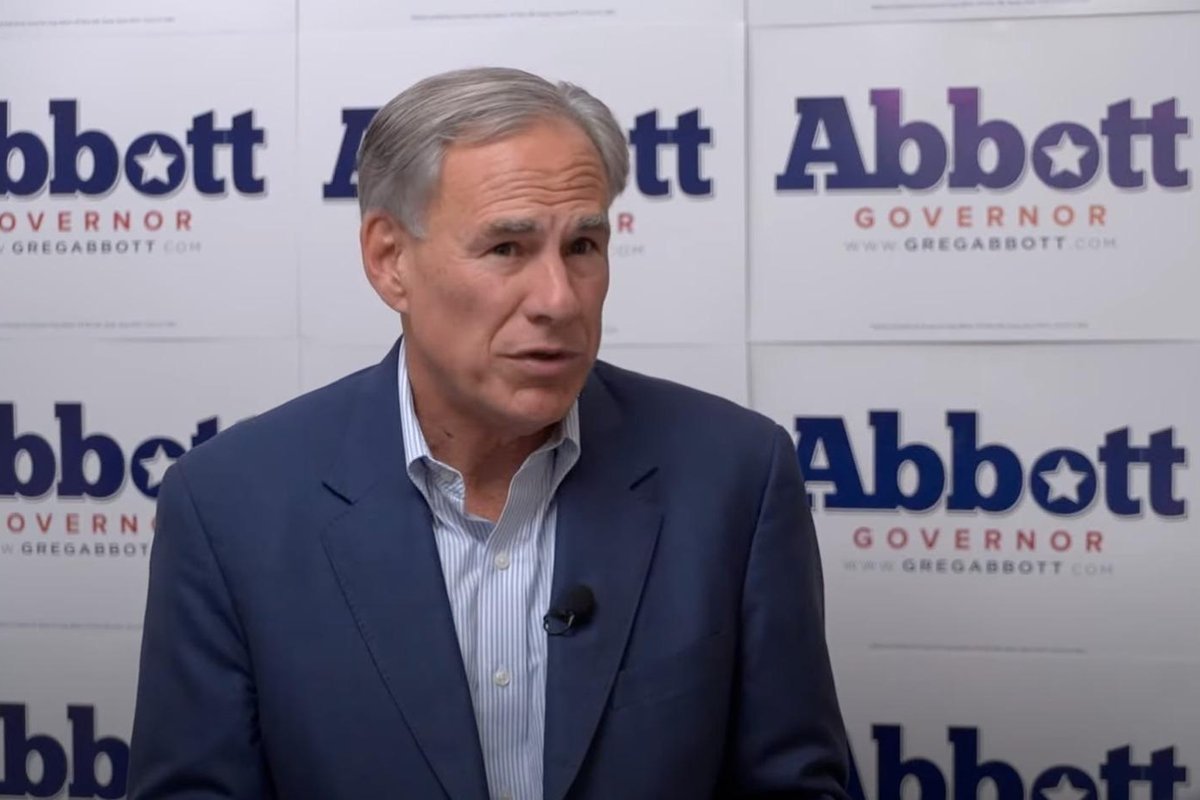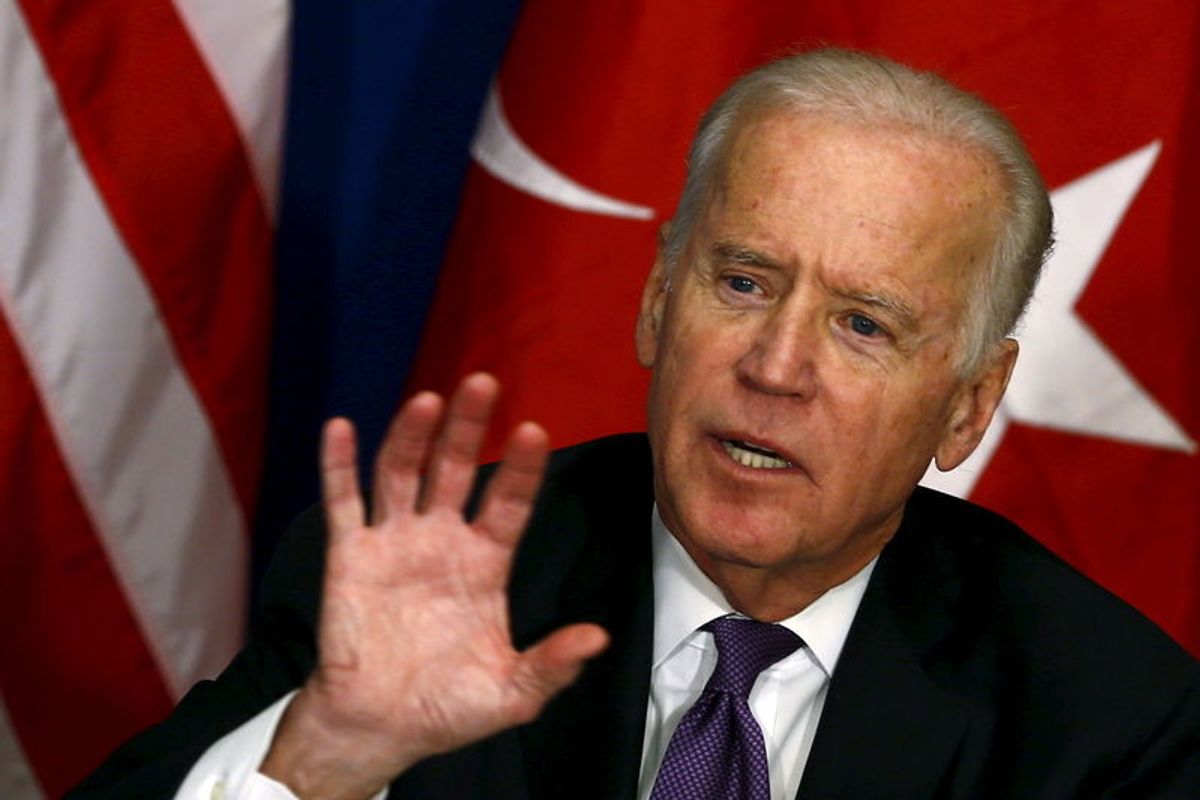Nov. 10 (Bloomberg) — If you happen to be a connoisseur of accounting scandals, then the past month or so has been about as good as it gets, capped by the unfolding disaster at Olympus Corp. On the flip side, if you work as an auditor for a big accounting firm, it just got that much harder to make the case that society should value your services.
The scam at Olympus was simple, even if the means were sometimes exotic. The Japanese maker of cameras and endoscopes hid losses by treating them as assets. It says it had been doing so since the 1990s. This might have stayed under wraps had Olympus’s chief executive, a Briton named Michael C. Woodford, not pressed the matter internally in response to a Japanese magazine story this summer about some of the company’s more unorthodox dealings. Olympus’s board responded by firing Woodford, who was just six months into the job. Now it turns out his warnings about the company’s finances were right.
Where were the auditors? While we still don’t know the full extent of what they knew and when, just looking at who the outside auditors were is fascinating in itself.
Olympus’s auditor in the 1990s was the Japanese affiliate of Arthur Andersen, then one of the so-called Big Five accounting firms. After Andersen collapsed in 2002, KPMG acquired its Japanese practice, which operated under the name Asahi & Co., and took over Olympus’s audit. KPMG remained the auditor through 2009. Olympus switched to Ernst & Young later that year.
Viewed that way, it seems the ghosts of Andersen may still be with us. It was indicted in 2002 over its conduct as auditor for Enron, the failed energy trader, in what was the equivalent of a death sentence. Afterward, big-time accounting frauds turned up at many of the firm’s former clients — names that included WorldCom, Dynegy, Qwest, Freddie Mac and Refco. Olympus seems on its way to joining that list. It just took about a decade longer for the problems there to surface.
No Disagreement
The Financial Times reported last month that KPMG did raise questions at some point about Olympus’s accounting. No disagreements between KPMG and Olympus were disclosed publicly, though it turns out there were some, according to a Nov. 4 article by the U.K.’s Daily Telegraph.
Nor did Ernst & Young’s opinion letters flag any problems. Its latest audit report, signed June 29, noted that the firm audited Olympus’s financial statements only for the fiscal years 2010 and 2011, and that the company’s 2009 books had been examined “by other auditors” whose report “expressed an unqualified opinion.” Now both Ernst & Young and KPMG have egg on their faces.
You can hear the echoes of past scandals, too, in the collapse of MF Global Holdings Ltd., which was built partly through an acquisition of Refco’s assets in 2005 after that futures broker went bust in the same year. Enron aficionados may recall, for instance, that executives at the Houston-based company had no way to track how much cash it had at any given time. After Enron and WorldCom failed, Congress in 2002 passed legislation requiring top executives to certify whether their companies’ internal controls over financial reporting are effective. Auditor reports on internal controls became a requirement, too.
MF Global’s outside auditor, PricewaterhouseCoopers, as recently as May said MF’s controls were fine, as did MF’s chief executive at the time, Jon Corzine. Whether that was accurate is now in question. More than a week after MF filed for bankruptcy, there’s still about $600 million of customer money missing and unaccounted for.
Then there’s last month’s implosion at Dexia SA, the giant French-Belgian lender that took a government bailout to avoid collapsing. Dexia got a clean audit opinion from the Belgian affiliate of Deloitte & Touche in March. The market eventually saw through the charade that was its balance sheet.
Time for Jokes
So many large companies have blown up after getting the all-clear from a Big Four accounting firm that many people regard auditor opinion letters as a joke. The client pays the auditor, after all. (Gee, no conflict there!) Regulators for decades have tried figuring out ways to dance around this fundamental flaw in the industry’s business model, by passing all sorts of rules requiring that auditors be “independent,” as foolish as that notion might seem at times. New waves of accounting scandals keep coming anyway.
Yet the next logical step — stripping the accounting profession of its golden goose by making outside audits voluntary for public companies rather than mandatory — always has seemed like a horrible idea, because it practically would be an invitation for more frauds. Nor is there much appetite to have third parties, such as national governments, pay for companies’ audits. The results probably wouldn’t be any better.
At least the public can revel in the entertainment value of all these scandals. It may not be much of a silver lining when so much wealth and so many lives are destroyed, but it is something to distract us from the obvious conclusion that we’re stuck for now with a system that too often doesn’t work.
The biggest fear for the Big Four cartel should be that someday investors will become so fed up that they demand the status quo be chucked entirely, figuring they’ve got nothing left to lose. We’re not there yet, but give it time. If the auditing profession can’t figure out a way to re-instill value in its most basic product, even terrible solutions may start to look like drastic improvements.
(Jonathan Weil is a Bloomberg View columnist. The opinions expressed are his own.)
Copyright 2011 Bloomberg.


